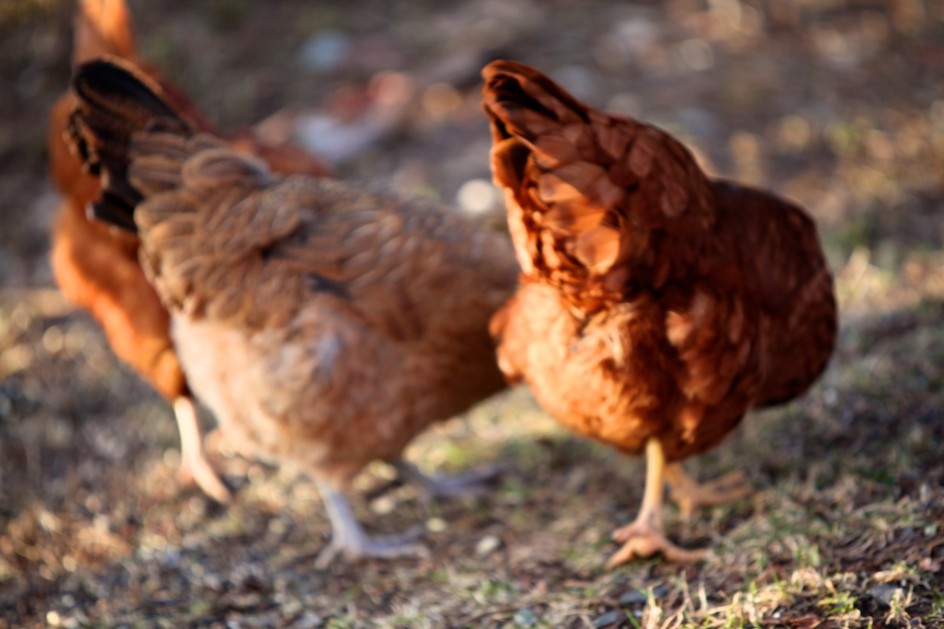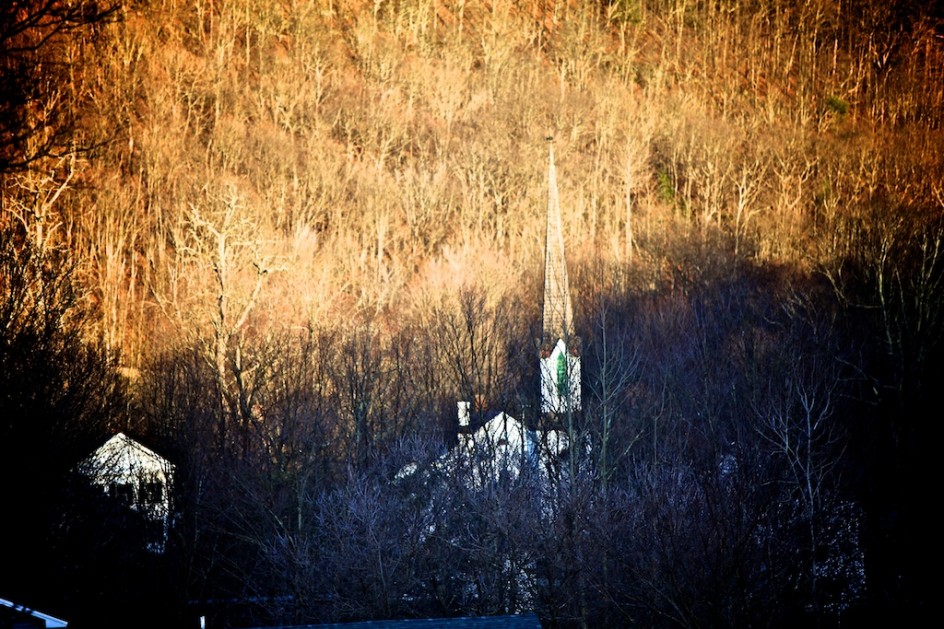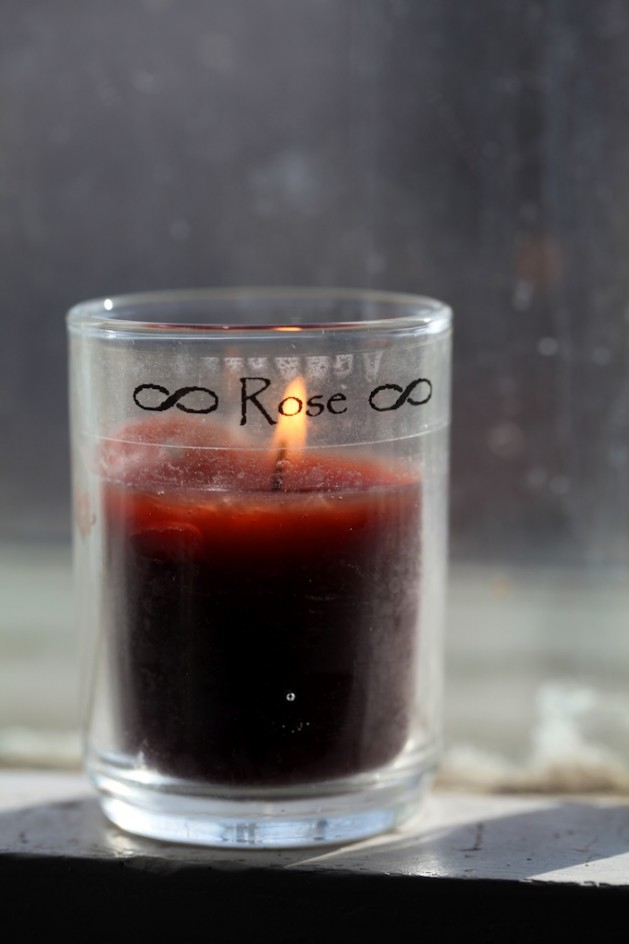
When I moved to Bedlam Farm, there were three things I dearly loved to do in my spare time – read books, watch the Yankees once in awhile on TV, see movies. When I broke down, I was not able to do any of those things. Either they frightened me, or I was too restless and distracted to concentrate on them. I would go to bookstores, and buy stacks of books, and they would sit in piles in the living room, until I couldn’t bear to look at them and I gave them away.
Maria was in much the same condition when we met. We couldn’t even make it through a Disney movie together, unable to sit still long enough to read a book or watch a TV show.
We both remember trying to watch TV three years ago, and turning it off. I stopped buying books, cancelled the Satellite TV and Netflix, and the last movie I remember seeing until last year was “Pirates Of The Caribbean.” I blogged and started chasing sunsets with the Canon. I have a sense of amnesia about the books, movies and TV shows of that time. It was as if we were swept through a huge black hole and people often mention things I have no memory of.
Last night marked a turning point, yet another in a time of turning points. Maria and I are each plowing through several books a week – this is really what we love – and are watching occasional episodes of “Seinfeld.” I got the satellite TV back, and last week we re-upped with Netflix. Maria ordered a movie called Lars And The Real Girl, a sweet, strange Indy film. It was a good choice for our first Night At The Movies. We ate corn chips, wrapped ourselves in blankets against the bitter cold, built a roaring fire (donkeys are in the barn), sipped tea and held hands when Maria cried. I think she will cry watching the Marx Brothers.
Some things are different. I’ve lost my taste for sports, even the Yankees, and for much TV. I think the Netflix thing will stick. Maria has never seen a John Wayne movie and that will change when “The Searchers” arrives, next up in our queue.
“Lars And The Real Girl” was strangely relevant. The heartbreaking small town hero breaks down, falls into delusion,and struggles to come back, aided by magical helpers. Hmm. Freud said there were no accidents, no jokes.
I think lots of people break down at different points in their lives. It is not that big of a deal. Most of us survive, and I know that some don’t. I am not interested much in recalling those days, but I remember an e-mail I got from a 15-year-old girl a couple of years ago, and I will not ever forget it. “Thank you for writing about your break-down,” she said. “I thought once of killing myself but decided not to. If somebody like you could have it and get through it, I could.” And she did, and e-mails me at least once a year with stories of her college, work, and impending marriage.
Some stories really stick.
It was nice to be back at the movies.


